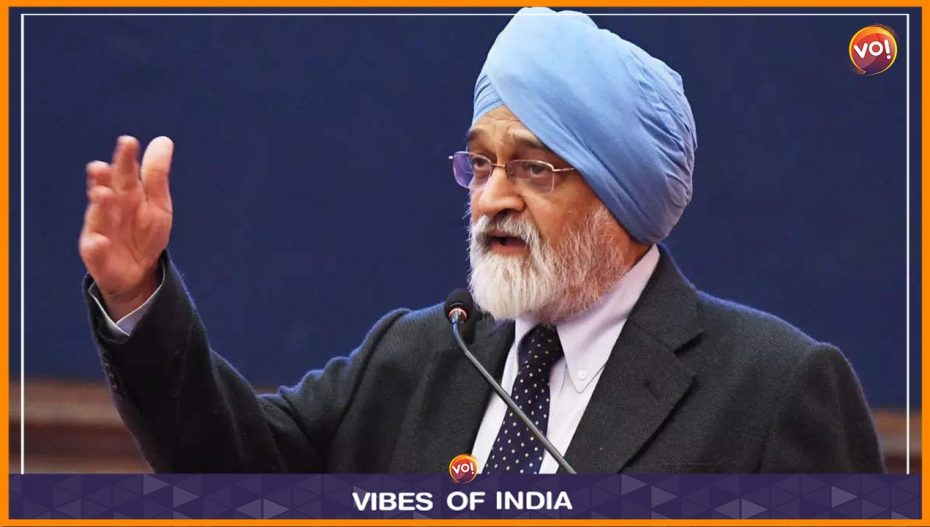Terming the Old Pension Scheme (OPS) as one of the “biggest revdis”, former Planning Commission Deputy Chairman Montek Singh Ahluwalia said though there are talks about controlling fiscal deficit, there is no suggestion of getting rid of certain expenditure.
Many political parties have spoken about reverting to the Old Pension Scheme. Congress has already reverted to the Old Pension Scheme in Rajasthan and Chhattisgarh, and AAP has said it would do the same in Punjab. Under OPS, pension to government employees at the Centre as well as states was fixed at 50 percent of the last drawn basic pay. A new system of New Pension Scheme came into effect for those joining government service from January 1, 2004, wherein defined contribution comprised 10 percent of the basic salary and dearness allowance by the employee under Tier 1 and a matching contribution by the government (later raised to 14 percent).
In July, Prime Minister Narendra Modi spoke against political parties promoting a culture of freebies, calling them “revdi”, to win votes. His remarks triggered a public debate with parties of the Opposition, especially the AAP and DMK, accusing the PM of targeting welfare schemes and state subsidies promised by non-BJP parties. The Election Commission said political parties should lay out the cost of the freebies they promise and how they plan to finance them if voted to power. A petition was made in the Supreme Court, which proposed formation of a committee to suggest ways to deal with the issue.
Sajjid Z Chinoy, chief India economist at JP Morgan and Part-Time Member in the Prime Minister’s Economic Advisory Council (EAC-PM), said over the last 30 years our average growth rates have almost been 7 percent and that no emerging market of India’s size has grown at 7 or 8 percent for a decade or more without strong export growth. In the next 9-12 months, India will have to focus on macroeconomic stability, he said.
Also Read: Cong, AAP, Or BJP… Who’s Money Is It Anyway?










